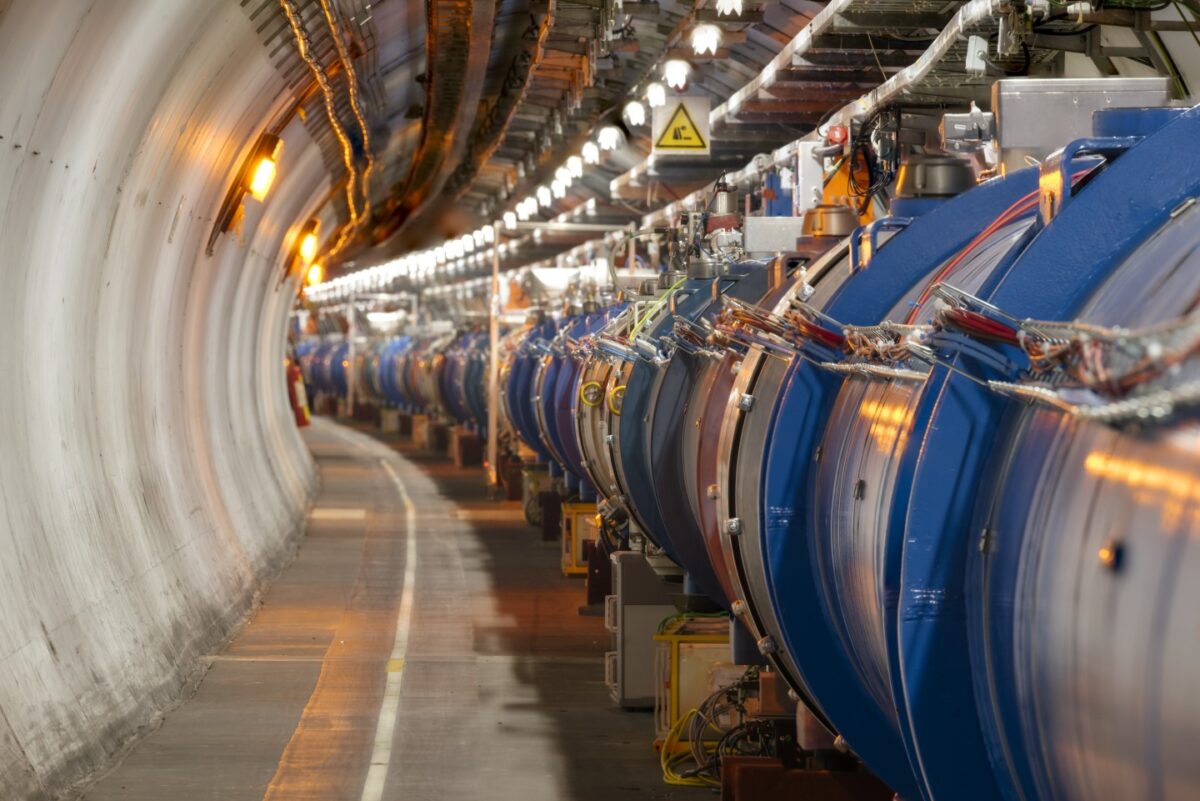(Author: Nuno Filipe da Silva Fernandes de Castro, LIP)
Description/ Scientific objectives and goals:
High Energy Physics generates extraordinary amounts of complex data and its full exploitation requires equally complex analysis techniques. The goal of the current proposal is the development of advanced techniques in machine learning to be used to analyse the data collected by the experiments of the Large Hadron Collider (LHC) and by detectors searching for dark matter interactions. For this purpose, extensive simulated samples, describing both the already known Standard Model processes, as well as new physics processes, will have to be generated and simulated using Monte Carlo methods. Given the high luminosity expected at the next phase of the LHC, hundreds of millions of collision events will have to be simulated in order to have a representative sample of the data to be collected. Such simulations, which require significant CPU time (of the order of hundred thousand hours) and disk space (or the order of 10 Tb) to be obtained, will be used to train supervised and semi-supervised machine learning methods. These methods, relying on complex deep neural networks, will contribute to advance of the exploration of the LHC data, where Portugal has a strong presence. In particular, this will contribute to improve the generality of the searches for new phenomena, ensuring that an eventual discovery is not missed simply because the details of searches processes are not known.
Computational Requirements:
This work requires both High Performance Computational resources for data analysis, 150 000 CPU hours with 100 CPU and 15TB of disk space, together with GPU for Machine Learning (ML) studies (4 300 hours and 5TB of disk space).
This work was produced with the support of INCD funded by FCT and FEDER under the project 01/SAICT/2016 nº 022153
